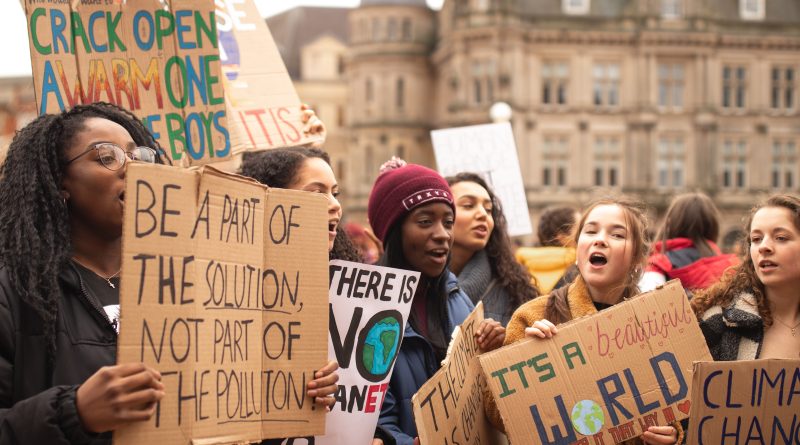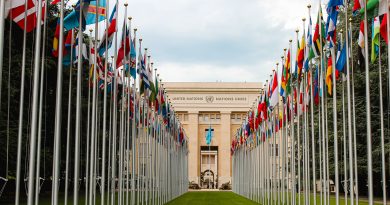“Weather” or Not: The Crisis of Global Environmental Governance
Katherine Dorrer
Staff Writer
In the third volume of the Intergovernmental Panel on Climate Change assessment report, Climate Change 2022: Mitigation of Climate Change, climate scientists suggest that the world is at a now-or-never point of global warming, where extreme climate events are imminent. This report, released on April 4, suggests that difficulties regarding greenhouse gas emissions and fossil fuels are the product of socio-political issues, rather than technological shortcomings, as clean energy technologies have become more affordable and accessible. Global environmental governance has failed to address the international environmental challenges of governmental and non-governmental actors, as it is implemented to create and enforce international policy and law.
As global scientists state in the IPCC report, “opposition from status quo interests” is a key blocker of progress in implementing climate policies covering all sectors. The global environmental governance system is disjointed, as there is a weak authoritative influence and fragmented efforts. As United Nations Secretary-General António Guterres said, “Some government and business leaders are saying one thing – but doing another. Simply put, they are lying. And the results will be catastrophic,” The Guardian reports.
The IPCC report shows that global net anthropogenic greenhouse gas emissions have seen a 12 percent increase from 2010 from 52.5 gigatons to 59 in 2019. Though this report focuses on the mitigation of emissions and the shift toward green energy options, it stresses that, “without immediate and deep emission reductions across all sectors, limiting global warming to 1.5 degrees Celsius is beyond reach.” In order to mitigate this warming, nations would have to use 95 percent less coal, 60 percent less oil, and 45 percent less gas by 2050, Reuters reports.
It is still possible, though, to secure a cleaner planet if the world listens to the strategies of the IPCC and takes initiative. Renewable energy is a central topic in the report, which notes that construction emissions account for 21 percent of greenhouse gas emissions, as “deep decarbonization and systemic transformation can turn cities into epicenters of the energy transition,” The Washington Post explains. Though there is a growing awareness of resources and measures that can be taken in order to lessen the crisis, there remains uncertainty about whether the world is reacting too late to prevent disasters on a massive international scale.
As climate change intensifies, it will test global governance measures and responses by global leaders to the IPCC report. Developing countries are being asked to drastically change their efforts in mitigation, while leaders of developed nations are turning a blind eye to the negative impacts their own states have had in catalyzing the climate crisis. In an , Chair Hoesung Lee states, “We are at a crossroads. The decisions we make now can secure a livable future. We have the tools and know-how required to limit warming.”
Coordination amongst these global environmental institutions, first established by the United Nations in its Environmental Rule of Law: First Global Report, is complicated by a lack of authority. The UN Environmental Programme’s report found that “despite a 38-fold increase in environmental laws put in place since 1972, failure to fully implement and enforce these laws is one of the greatest challenges to mitigating climate change, reducing pollution, and preventing widespread species and habitat loss.”
The IPCC report outlines the unequal and unsustainable patterns of global governance for environmental policy. Political and economic intentions of individual states can jeopardize climate action if global environmental governance does not hold all parties accountable for their part in sustainability. John Kerry, President Biden’s Special Envoy for Climate Change, explains, “Every country needs to do more in terms of mitigation and they need to do more in terms of addressing both adaptation and resilience, no question about it,” reports the New York Times. There is clearly a lack of coordination between international and non-governmental organizations, and in order to prevent a global hotbox and irreversible environmental impacts, world leaders must step up and take the initiative to promote accountability on a global stage.



